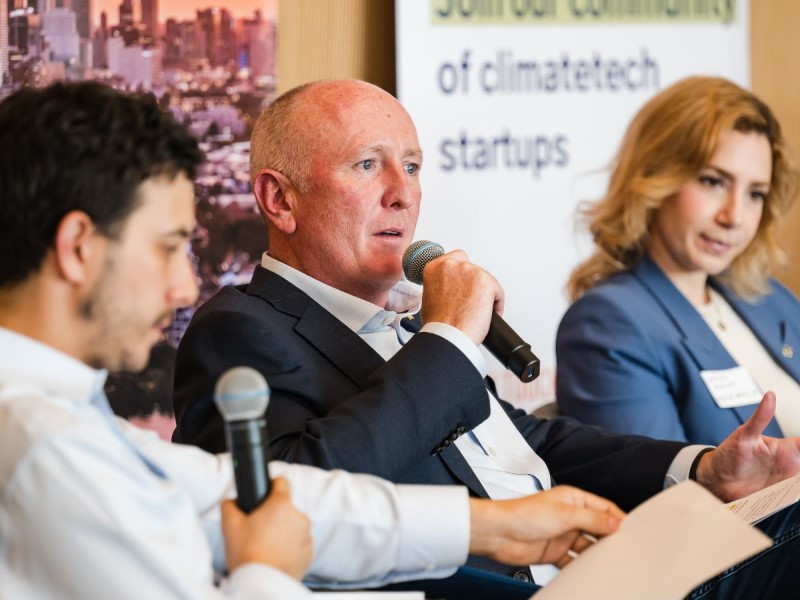The Western Australian government has awarded $3.56 million in funding from two key innovation commercialisation grants programs backed by the state’s New Industries Fund to nearly 50 companies.
Companies to share in the funding include those that manufacture seaweed-based alternative to plastic products, patches for RNA therapeutics, and remote patient monitoring devices.
WA Innovation minister Stephen Dawson announced the 49 successful companies from the inaugural Commercialisation Bridge Grant (CBG) and Innovation Booster Grant (IBG) programs on Monday.

The CBG program aims to help businesses navigate the ‘valley of death’ and scale, while the IBG program intends to overcome some barriers to commercialisation.
“We want local innovators to build their businesses here in WA where they can continue to generate connections and develop their businesses,” Mr Dawson said.
Offering up to $200,000, the CBG program has awarded funding to 11 companies, worth $2.08 million. The IBG program, meanwhile, will provide funding of up to $40,000 to 38 companies, for a total of $1.48 million.
Most of the grants come out of the $25.8 million New Industries Fund (NIF), which is expected to finish awarding its funding allocation this financial year.
The remaining two CBG recipients and two IBG recipients not funded through the NIF will receive their funding out of the pool earmarked for the Health and Medical Life Sciences Industry Strategy.
Uluu was one of four firms that received the maximum $200,000 through the CBG program, and will use the funding to scale its in-house manufacturing process for a plastic alternative made from seaweed.
The WA-based company, which has the backing of Main Sequence Ventures, is reportedly closing another funding round to support development of its first factory, which will be in Indonesia.
Neurotologix is also receiving $200,000 through the CBG program to support the commercialisation of its remote patient monitoring devices for dizziness and vertigo. The firm is looking to manufacture the product locally.
Of the 49 successful recipients, 21 have a female founder, seven are based in regional Western Australia, and two are First Nations businesses.
The announcement on Monday follows an earlier commitment of around $1 million worth of IBGs to 26 companies in March. The IBG and CBG are open to applications all year round and are awarded periodically.
Do you know more? Contact James Riley via Email.

